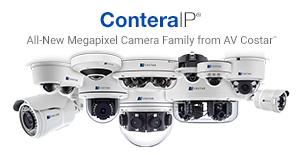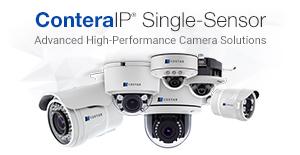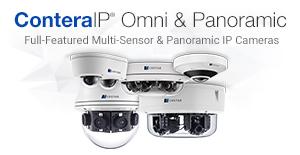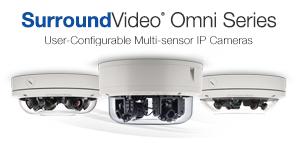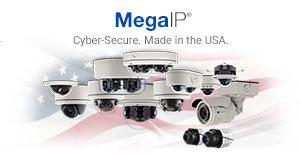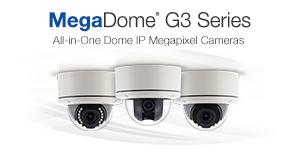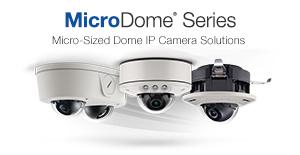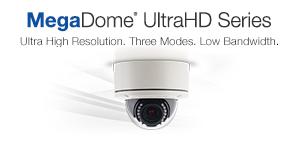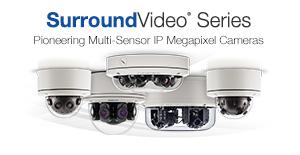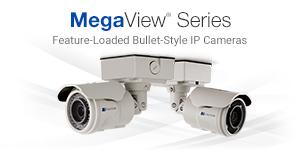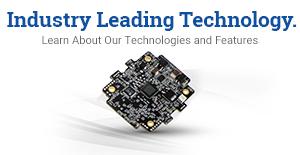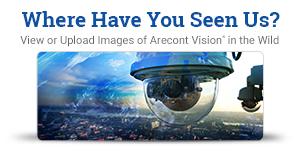Can Security Technology Generate Revenue? (Hotelier Middle East)
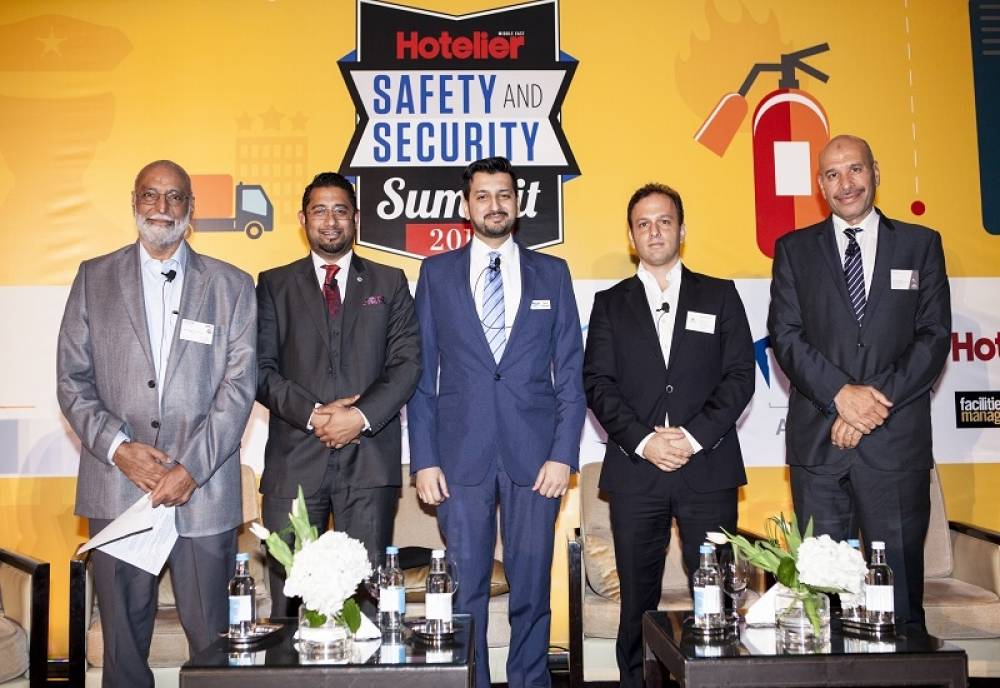
View/download the original article published by Hotelier Middle East here
At Hotelier Middle East’s second annual Safety & Security Summit, we gathered some of the region’s most experienced suppliers, engineers and hoteliers to give us their expertise on current and future standards in hotel security tech.
Security at a hotel is something guests tend to only think about when something goes wrong. But for security and safety directors, thinking about worst-case scenarios and how best to solve them is simply the day-to-day responsibility of their job.
Having the desire to do a job well is only the beginning: from there, security personnel need the correct staff, trained to the best and latest standards; the buy-in from general managers and the rest of the staff; and perhaps most importantly, the technology to achieve the best and fastest results in guest safety.
As the industry strives to move forward, the questions at the forefront of our panelists’ minds are: Is our technology up-to-date and providing the best for our guests?
Sanjit Bardhan, director of Middle East, Africa and India, Arecont Vision, said: “ The lifecycle change of technology is every 18 months in our sector – we are seeing technology move at a rapid pace. Yet some in the industry is slow to change. That means that guests might have an eight-megapixel camera, while your security camera is operating at the two-megapixel minimum standard. Why train people on technology that is already 11 years old?”
Fahad Mahboob, global operations technical manager, Pelco by Schneider Electric, said: “It’s been said that tech and people go hand in hand. So while we get trained in new tech, I feel the local regulations of, for example, a two-megapixel security camera, is still pretty basic if we want security personnel to do the best job they can.”
One of the other restrictions that hotel security faces is budget: in order to continue to operate, hotels have to be profitable – but how should hoteliers balance the best in security for their guests with the lowest prices?
Wael Farouk, multi-property director of engineering, Marriott International, said: “The budget for hotel security isn’t generally high enough. Say you compare the budget for security tech on a construction site and the budget for security in a hotel – the construction site thinks nothing of spending a lot of money to keep the site secure. So hotels really need to keep up and see the importance of this.”
Moving on to the future of tech, our panelists shared what they feel are the items that will revolutionize the world of tech.
Farouk discussed the benefits of number plate recognition on cameras at the hotel entrance: “How many guests have lost items in taxis? Imagine if we could call up that number plate, call the local taxi company and within a few minutes of the guest reporting a lost phone or item, we could be facilitating the guest getting their property back.
Of course, the bottom line of any aspect of a hotel’s operation is revenue generation. Is it possible to use security to generate revenue?
Said Charles Kiwan, director, MVP Tech, suggested that investing in technology may actually give a solid return on investment: “Video analytics in your corridors can mean that you have the technology to give your guests outstanding service. For example, if a customer leaves a room service tray outside their door, the video can pick up on that and let housekeeping know, so it equals faster response times for service.”
And as the service standards in the Middle East are perhaps not quite at the standard in Europe or North America, many guests give their steadfast loyalty – and hard-earned cash – to properties or brands with consistently high service levels.
“Investing in technology may actually give you a solid return on investment,“ Kiwan summarises.



